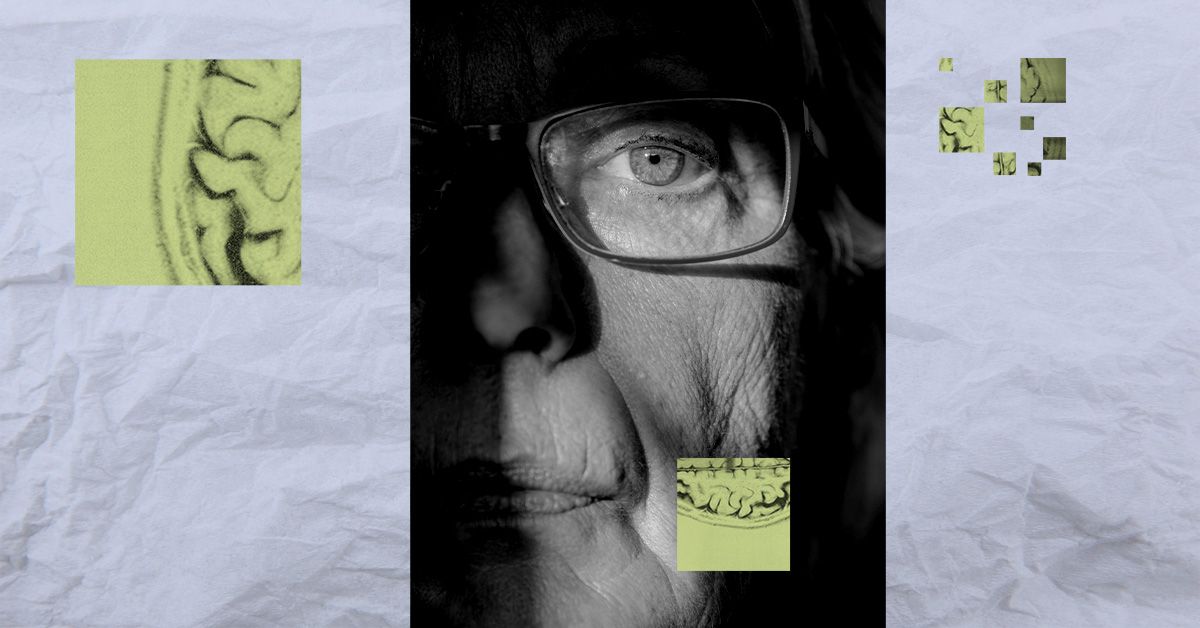- Respiratory syncytial virus (RSV) is a virus that primarily impacts young children and older adults and may cause severe symptoms.
- Data from a recent study suggests that RSV can directly infect peripheral nerve cells, potentially damaging the nervous system.
- Further research is needed to understand the full neurological effects of RSV and any long-term consequences.
Children and older adults are typically most at risk for RSV, even though older children and adults of all ages can also contract this virus.
The Centers for Disease Control and Prevention (CDC) estimates between
Most of the focus has been on how RSV impacts the respiratory system. However, researchers are also interested in learning how the virus affects other systems in the body.
A recent study published in The Journal of Infectious Diseases examined the impact of RSV on the nervous system using peripheral nerve and spinal cord cultures.
Researchers found that the virus affected peripheral nerve cells directly and indirectly. They found that a critical component is that RSV leads to inflammation and then to nerve damage.
RSV also somewhat affected the spinal cord cultures, infecting microglia and dendritic cells, contributing to inflammation. However, RSV did not infect spinal neurons directly.
The results indicate the need for more research on the neurological effects of RSV and the best options for protection from the virus.
Study author Dr. Giovanni Piedimonte, vice president for Research Institutional Official, research integrity officer at Tulane University, and professor of Pediatrics, Biochemistry & Molecular Biology at Tulane School of Medicine, explained to Medical News Today:
“Our study is the first to prove that RSV, one of the most common respiratory viruses in young children and the elderly, can infect peripheral nerves and may provide the clearest link between RSV and reported neurological symptoms. RSV infection was associated with a strong inflammatory response and changes in the conduction of electric signals within the nerves.”
For the study, researchers wanted to understand more about the particular effects of RSV on the nervous system.
They used cultures of nerve tissue from rats and human-induced pluripotent stem cells.
They were able to look at how RSV impacted these cells. The main focus was to examine the impact on peripheral nerve and spinal cord cells. They examined and analyzed the samples on days 1, 8, and 30 after infection to help understand the effects.
There were several components to the results. They found that RSV infected certain cells but not others.
For example, they found that RSV did not infect astrocytes, oligodendrocytes, or Schwann cells, all specific cell types that researchers were able to examine.
In the spinal cord cultures, RSV infected specific cells called microglia and dendritic cells but did not infect neurons.
In the peripheral nerve cultures, RSV infected the neurons, dendritic cells, and macrophages.
Dr. Piedimonte noted the significant element of the results was the inflammatory response and the resulting nerve damage. This had to do with chemokine release.
“With low levels of RSV infection, the nerves became hyperreactive to stimulation, whereas at higher levels, nerves underwent progressive degeneration and increased neurotoxicity due to excess inflammation,” Dr. Piedimonte explained.
“The nerve hyperreactivity could explain why children who get RSV are later more likely to have asthmatic symptoms.”
“The study also found that RSV could enter the spinal cord via peripheral nerves despite not having the ability to enter the spinal neurons directly. More research is needed to explore that mechanism, but we theorize that by using the peripheral nerves to enter the spinal cord, RSV can bypass the blood-brain barrier, enter the central nervous system, and cause the neurologic complications seen in the patients.”
— Dr. Giovanni Piedimonte, study author
The new study highlights the potential neurological damage that RSV can cause.
However, it also has certain limitations. This research involved looking at cultures from stem cells and rat embryos, meaning more data is required to confirm the findings.
Researchers note that they didn’t identify which receptor or receptors RSV used to enter neural and non-neural cells in their data collection. The complexity of the interaction could be the focus of later studies.
Despite this, the data points to the potential ways RSV can impact the nervous system.
Non-study author Dr. Arturo Casadevall, PhD, a microbiology and immunology expert with Johns Hopkins Medicine, commented with his thoughts on the study to MNT:
“This is a very interesting study providing evidence that RSV has the potential to damage nerves with the caveat that the observations were made in animal cells. The implications of the work is that RSV may have neurological effects apart from its well known effects on the respiratory system. However, the results need to be validated in humans.”
RSV is a virus that poses a particular risk to young children’s health.
Non-study author Dr. Sherry Ross, a board certified OB-GYN and Women’s Health Expert at Providence Saint John’s Health Center in Santa Monica, CA, noted the following to MNT:
“RSV, also known as the respiratory syncytial virus, attacks the lungs and is dangerous to newborns, babies, and younger children. It’s well known [that] “RSV is the leading cause of infant hospitalization in the U.S.,” especially for those who are severely immunocompromised, have chronic lung disease being born prematurely and those with cystic fibrosis.”
People with RSV may experience
Infants may experience difficulty breathing and may also develop bronchiolitis or pneumonia.
Treatment for RSV often involves supportive measures to assist with breathing and comfort. Sometimes, children and infants may require hospitalization to receive appropriate care.
Doctors may give supplemental oxygen to keep oxygen levels up and IV fluids to help with dehydration. In more extreme situations, someone with RSV may need to be intubated for breathing assistance.













